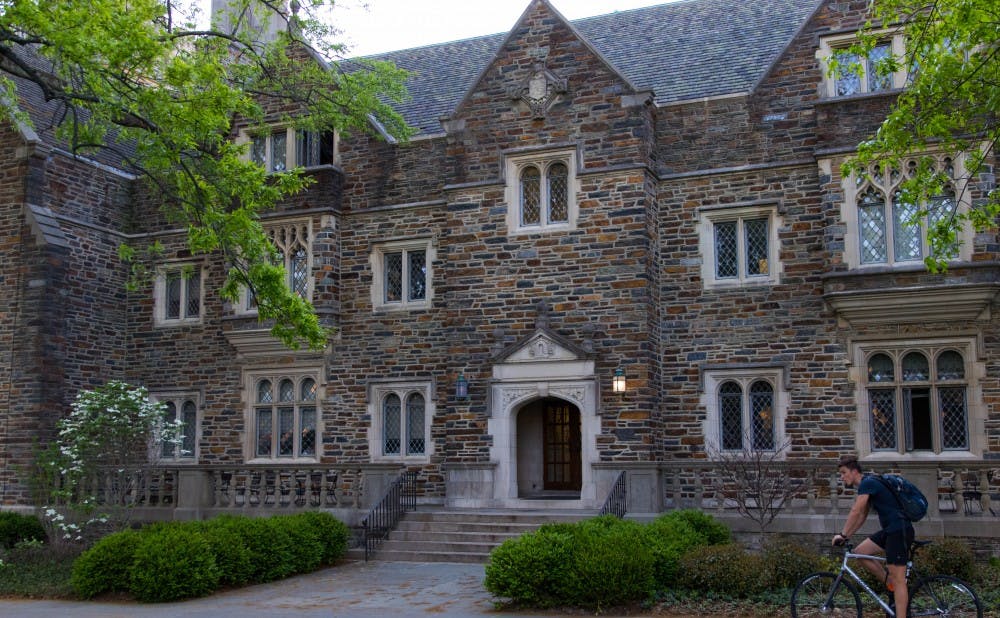Former students allege that Duke could pay annual tuition, room, board and fees for all current students on financial aid if the University had not engaged in price fixing with other schools.
Plaintiffs filed a memorandum on June 10 in an antitrust case against the 568 Presidents Group, a group of elite universities accused in January of colluding to keep financial aid awards down. The memorandum served as the plaintiffs' response to the 17 universities' joint motion to dismiss the case in April.
The former students state that if the universities had not colluded on a financial aid formula called the “Consensus Methodology,” they could have awarded more scholarship aid, reducing the net price of attendance for all financial aid students.
Plaintiffs claim that if each university allocated an additional 2% of its unrestricted endowment funds annually to financial aid, nine of the 17 universities, including Duke, could provide free tuition to current students on financial aid. The net price at the eight other universities would fall by an average of almost $12,000 annually.
Duke’s unrestricted endowment in 2021 was nearly $3.8 billion, according to the memorandum. An additional 2 percent of their unrestricted endowment spending would have allocated nearly $76 million among the 2,732 total aided undergraduates, so that each undergraduate could have received $27,751 of additional aid.
The estimated price Duke students on financial aid paid in 2020-2021 was $25,008. This was calculated by subtracting the average need-based grant aided students received from the estimated cost of attendance for the 2020-2021 academic year.
Duke will respond through the “legal process”, according to Michael Schoenfeld, vice president for public affairs and government relations. He declined to comment further.
Sixteen universities, including Duke, were accused of engaging in price fixing and unfairly limited aid by relying on a shared method to calculate applicants’ financial needs in the January lawsuit brought by former students. Johns Hopkins University was added as the 17th defendant in an amended complaint in February.
The initial lawsuit alleges that by eliminating price competition, the universities have artificially inflated the price of attendance for financial aid recipients. Over almost 20 years, the schools have overcharged 170,000 financial aid recipients by “at least hundreds of millions of dollars.”
But in April, Duke filed a joint motion alongside the other defendants to dismiss the antitrust case. According to the defendants’ motion, the plaintiffs’ antitrust claim fails because the collaboration they challenge is “exempt from challenge under the antitrust laws.”
“Even if that were not the case, Plaintiffs fail to plausibly allege a violation of the Sherman Act, have alleged injuries that are too speculative to satisfy antitrust injury and standing requirements, and have raised claims that are time-barred,” the motion read.
A hearing on the defendants’ motion to dismiss the lawsuit is scheduled for Aug. 2 in Illinois federal court.
In addition to Duke, the suit accused Brown University, the California Institute of Technology, the University of Chicago, Columbia University, Cornell University, Dartmouth College, Emory University, Georgetown University, Johns Hopkins University, the Massachusetts Institute of Technology, Northwestern University, Notre Dame University, the University of Pennsylvania, Rice University, Vanderbilt University and Yale University.
Get The Chronicle straight to your inbox
Sign up for our weekly newsletter. Cancel at any time.

Katie Tan is a Trinity senior and digital strategy director of The Chronicle's 119th volume. She was previously managing editor for Volume 118.

